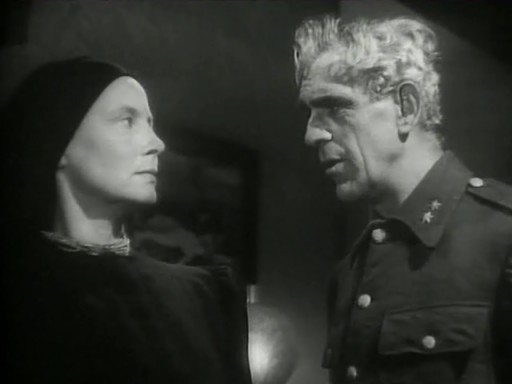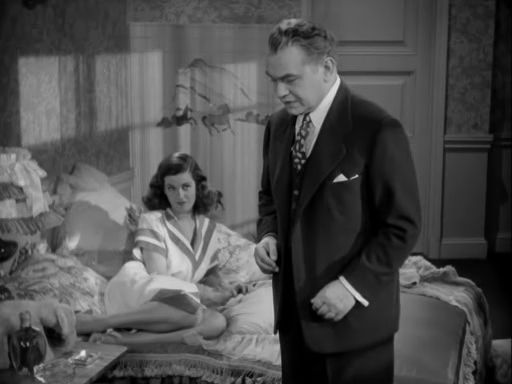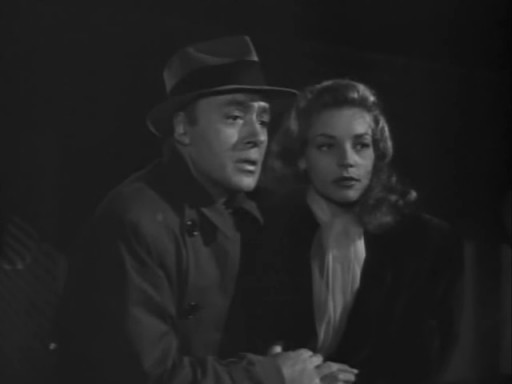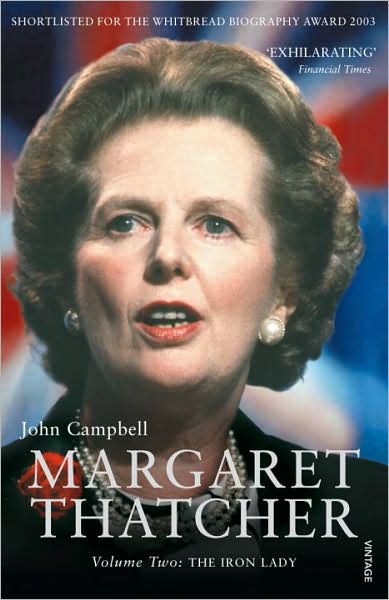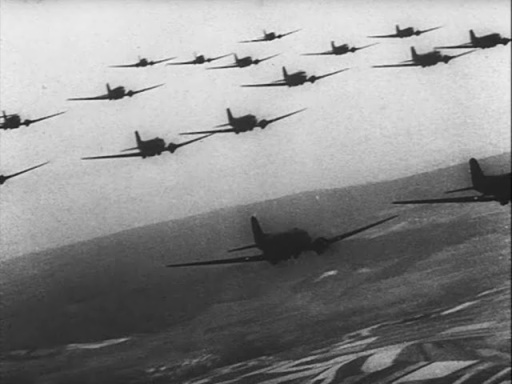Ny Tid vil ha meg som leser, og har sendt et prøveeksemplar. Jeg er mer disponert for å lese et SV-magasin enn en skulle tro, så jeg gir det en sjanse. I nummeret finner jeg:
- Dag Herbjørnsrud kritiserer norsk våpeneksport. Han spør om dette egentlig er noe vi som land ønsker å drive med. Godt spørsmål fra en god skribent. I en annen artikkel går det fram at det spesielt er eksporten til USA som provoserer. Er dette virkelig det verste aspektet ved norsk våpeneksport?
- Kjønnsforsker Jørgen Lorentzen advarer mot leketøysindustriens bruk av fargene rosa og blå, som dytter barn inn i kjønnsroller som til sist fører til voldtekt. Han foreslår at menn bør gråte mer. Herregud, SV-folk, sitter dere fast der ennå?
- Hovedsaken er at Avatar inspirerer verdens urfolk, og er et brudd med Cameron’s pro-imperialistiske 80-tallsfilmer som Aliens. Jeg har ikke sett filmen, men dette er flau analyse, litt sånn “jøss det er en fantasiverden, men så er det allikevel paralleler til amerikansk imperialisme! Er det mulig!” Dette er ikke første gang noen bruker science fiction og fantasy til å frembringe et budskap, og jeg tviler på at en Oscar-rettet effektfilm når opp mot de beste av forgjengerne. Tror ikke det var hensikten heller.
- Utenrikssakene og de utenlandske kronikkene er interessante. Jeg liker når venstresiden forsøker å få frem glemte perspektiver og alternative vinklinger. Jeg tilgir dem at resultatet ikke alltid blir så bra, forsøket er verdifullt.
Det blir ikke Ny Tid-abonnent av meg. Men det var morsomt å se hva de driver med.
